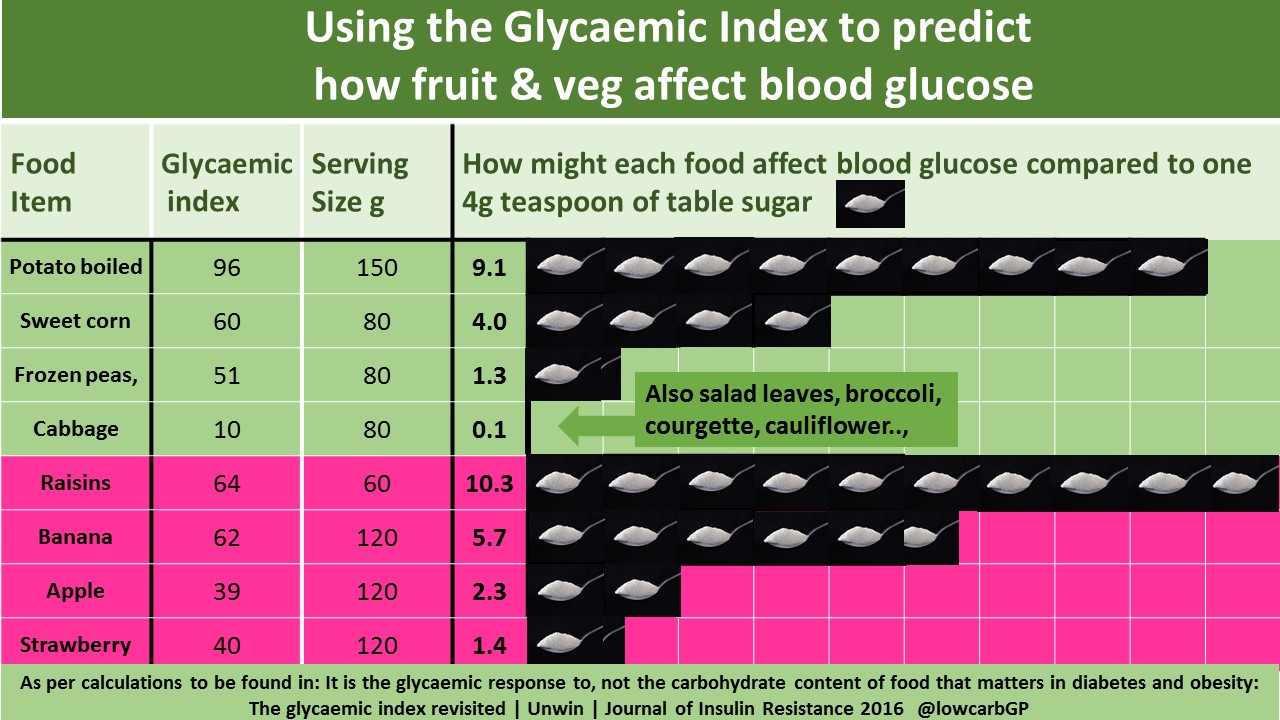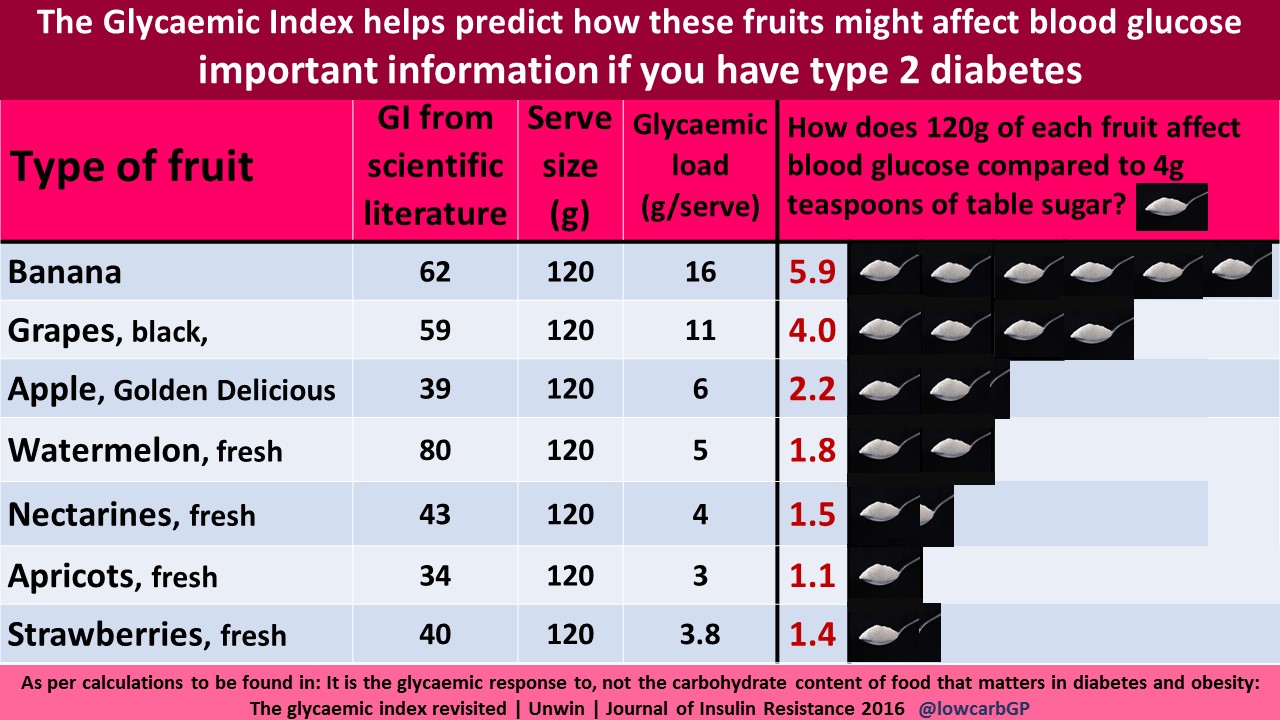What is a Low Carb Diet
Carbohydrates include all sugars and starches, and a low carb diet aims to avoid foods high in sugars and starches. Starches such as those found in bread, pasta, potatoes, rice and corn meal are long chains of sugar molecules that ultimately get broken down into sugar when digested, so all carbohydrates should be thought of as sugar.
Dr David Unwin has produced brilliant graphics showing the equivalent amounts of table sugar in various foods measured in teaspoons (4g). (https://phcuk.org/sugar/). For example, a 150g serving of basmati rice contains 10.1 teaspoons of sugar, and 150g of boiled potatoes, 9.1 teaspoons sugar.
 

Low carb diets are focused on reducing carbohydrate consumption to below a certain threshold, and not with calorie intake. A very low carbohydrate ketogenic diet would aim for less than 25g of carbohydrate a day, and a low carbohydrate ketogenic diet would be less than 50g per day. Generally below 50g of carbs a day will achieve ketosis, where fat is burned instead of glucose, although some people need to go below 20g a day.
The amount of carbohydrate in a food is not the same as the glycaemic index, which is a measure of the effect of the foodstuff on blood sugar levels after eating.
Most fruits are a little more than sugar, with 120g of apple containing the equivalent of 2.3 teaspoons, banana 5.7 teaspoons and raisins 10.3 teaspoons of sugar.
 

High carbohydrate, high sugar diets are a relatively recent phenomenon in human history, and widely agreed to be the underlying cause of the obesity epidemics seen in many countries around the world. The addition of highly concentrated, often altered, sugar ingredients such as fructose syrup and inverted sugars to processed foods compounds the problem. High seed oil, also often highly processed, add to the inflammatory and obesogenic effects of such a diet.
Low carb diets are sometimes also referred to as LCHF or Low Carbohydrate High Fat diets (lately amended to High Quality Fats). The emphasis is on eating high quality fats, primarily animal fats and olive, coconut and avocado oil. Seed oils such as sunflower, rapeseed and corn oils are avoided. The Atkins diet, which had a degree of popularity in the late 1990s is an example of a low carb, high protein diet, but did not promote sufficient fat consumption. LCHF diets are often confused with Paleo diets, which have some similarities, but also key differences.
The emphasis on high fat is because fat satisfies hunger and it’s metabolism and use for energy by the body, does not involve the same metabolic pathways as sugar. So as long as fat is eaten in appropriate amounts along with protein, it satisfies the appetite and does not lead to raised blood sugar, increased insulin secretion or obesity.
Further Reading
Carb Counter.net
https://www.carb-counter.net
A searchable database giving the carbohydrate content for practically every food you can think of and in their different forms e.g. fresh, dried, tinned, sweetened, unsweetened etc.
Dr David Unwin’s Sugar Infographics
https://phcuk.org/sugar/
These include: Chocolate, Breads, Breakfast Cereals, Vegetarian, Common Breakfasts, Common Foods, Fruits, Fruits and Vegetables, White, Green and Brown Foods, and Sugar Burden.

 What is a Low Carb Diet
What is a Low Carb Diet